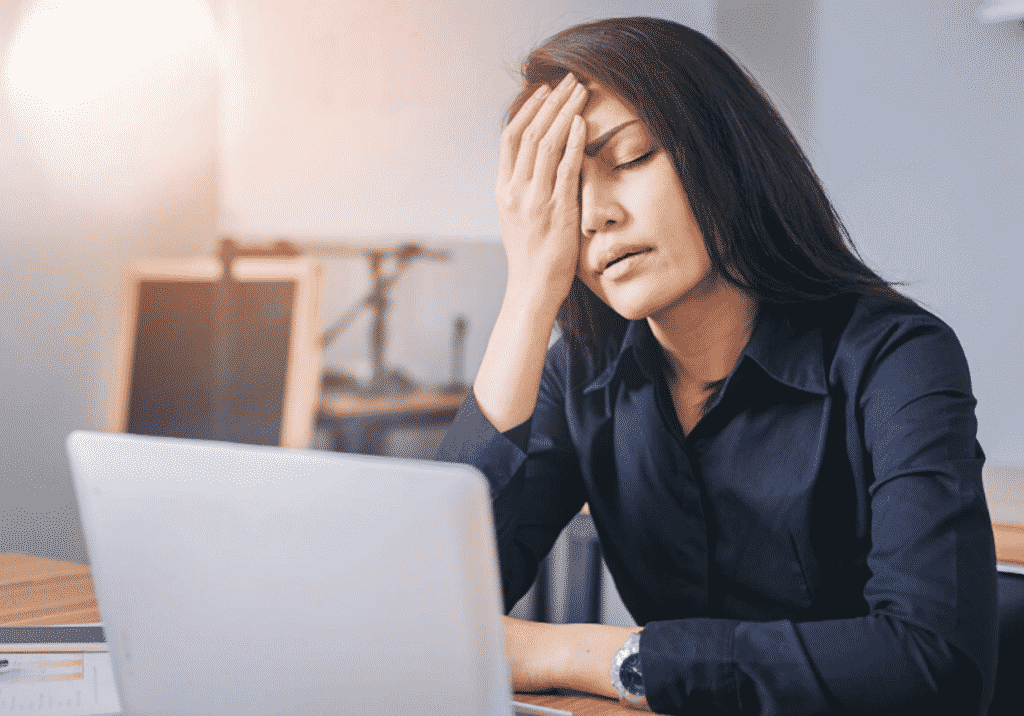Mental illnesses like depression are becoming increasingly common – and not because they’re “fashionable”. Major depressive disorder has various causes, including genetics, excessive stress or experiencing a traumatic event.
What’s it like?
Everyone has been sad at some point, and many people have suffered grief and heartache. Depression has elements of sadness, grief and heartache, but also involves feelings of guilt and shame, worthlessness, anxiety and emptiness. On top of the emotional impact many depressed people experience changes in appetite, problems with sleep, inability to concentrate and sometimes self-injurious behaviour.
Change your behaviour – change your mood
The usual approach to treating depression involves medication and therapy, but a lot of people prefer to avoid pharmaceuticals and rely on natural remedies or lifestyle changes.
1. Eat well
Depression can result in irregular eating habits – either eating too much or too little – and this in turn can worsen depression symptoms. Try to plan out some meals in advance so you don’t need to spend time deciding, or get a subscription to a meal delivery service if you can afford it. Don’t pressure yourself into a weight loss diet; just focus on regular meals and snacks that include basic macronutrients like carbohydrates and protein.
2. Get moving – get outside
When depressed it can be very difficult to make yourself do anything, let alone go to the gym. Luckily your brain can benefit from as little as a half-hour walk a few days a week – and if that is too much, just walking around one block is a great start. The goal with lifestyle changes is to start where you are and work upwards.
3. Pet an animal
There is evidence that having a pet or being around animals reduces depression symptoms. Not everyone can have a pet, but in every city in the world there are rescue organisations filled with cats and dogs in need of affection from volunteers. If you like animals then try to find a shelter near to you where you can connect with them more regularly.
4. Meditate
Meditation can help with lifting your mood and calming anxieties and doesn’t require any equipment or special skills. Your goal here is to become present, not to achieve ultimate enlightenment. This can involve breathing exercises, focusing on a mantra or image, or just paying attention to whatever it is you’re busy with: taking in the sounds, textures and smells of the meal you’re making, or really noticing the colours of a tree outside.
5. Find something fun
This one can be tricky, but even if your depression has made usual hobbies bland and meaningless, it’s important to find something to get you engaged in life again. This can be anything from getting baking cookies to signing up at the best gaming site or drawing with crayons or pastels.
6. Connect with others
Like doing something enjoyable, social interaction can be particularly challenging if you’re depressed, but connecting with others is essential when it comes to helping yourself.
If you think you are depressed then these tips may be useful, but do not hesitate to seek professional advice if you find things getting worse.

